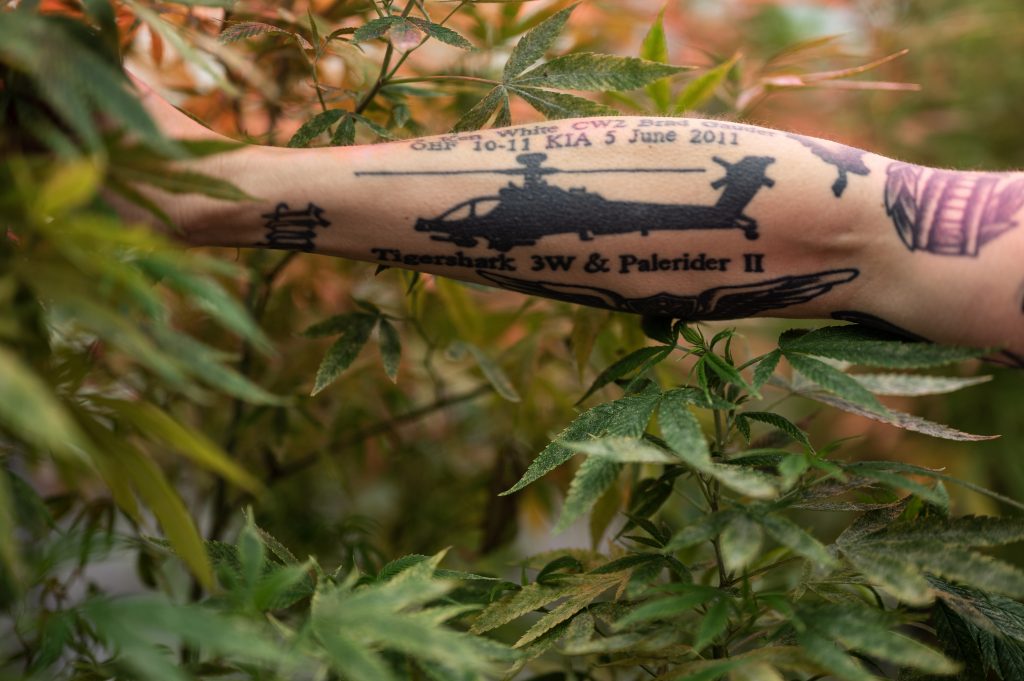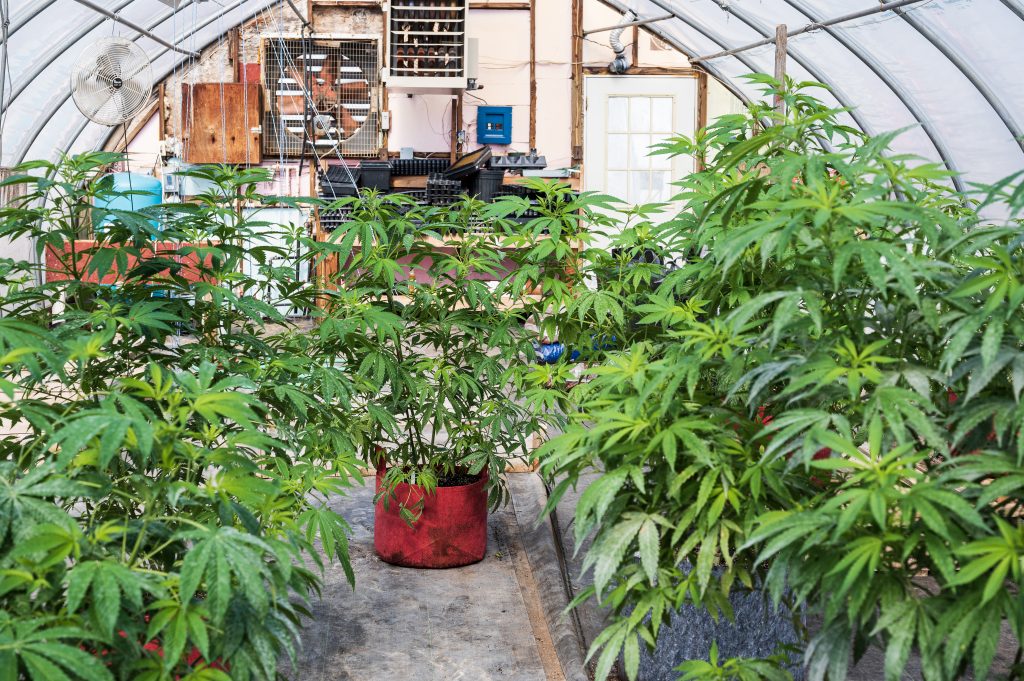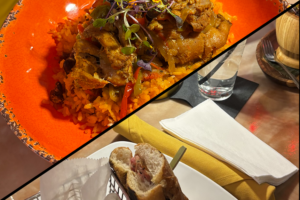Cannabis saved Sarah Stenuf’s life.
She left the military in May 2013 with epilepsy from a brain injury, combat post-traumatic stress disorder, and chronic pain and insomnia. Treatment of her various illnesses seemed to entail pill after pill, hour after hour, she said. The medications Stenuf was prescribed — all 16 of them — made her social and psychological issues worse. She began to spiral, becoming violent and irritable, and described her mental state at that time as zombie-like.
She tried to kill herself twice and was in a coma for at least two weeks after each attempt. About six years ago, after Stenuf expressed her desire to try ending her life a third time, her wife made a call.
“She called up a few vets and was like ‘Sarah’s on her last limb, and you guys know this,’” Stenuf recalled.
As she and the vets rolled joint after joint, Stenuf finally began to feel less hopeless. At first, she admitted, the cannabis was just another substance she used to avoid addressing her problems. But eventually, Stenuf began reducing her medications pill by pill as the cannabis helped alleviate many of her symptoms.
“It was just a bunch of vets that happened to come over with cannabis one day and save my life,” Stenuf said.











